Boil water warning after parasite found
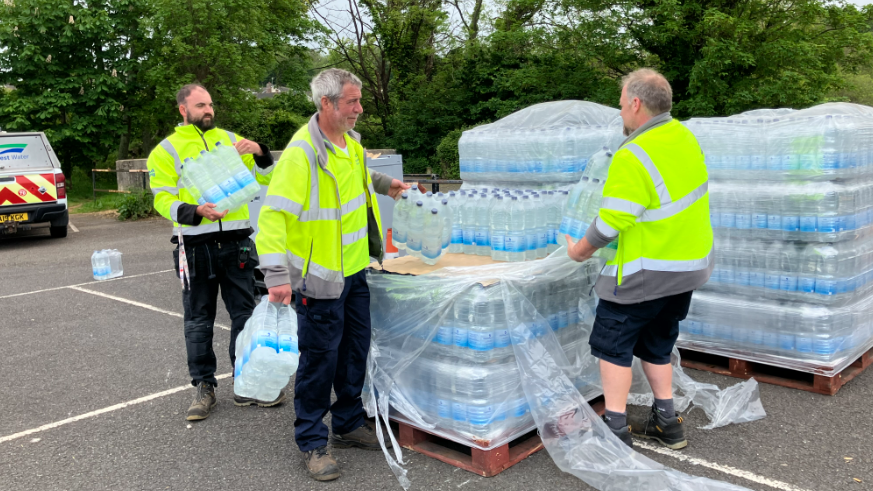
People across south Devon have been advised to boil their tap water as 22 cases of a diarrhoea-type illness have been confirmed.
A further 70 suspected cases are also being investigated.
The UK Health Security Agency (UKHSA) said the parasite, cryptosporidium, was "predominantly a waterborne disease".
Infections can be caused by drinking contaminated water or swallowing it in swimming pools or streams.
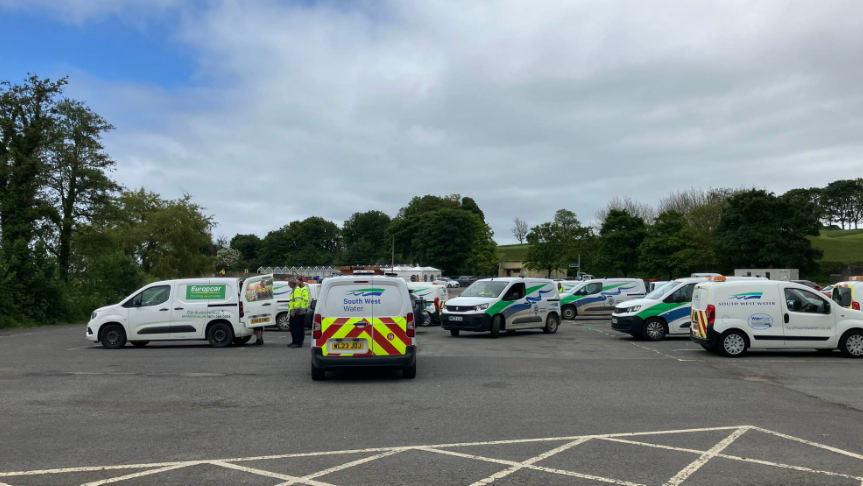
South West Water has urged residents across Brixham, Boohay, Kingswear, Roseland and north-east Paignton to boil their tap water.
Chris Rockey, from South West Water (SWW), said people should boil water to drink, cook and clean their teeth within the affected areas.
He said the firm would continue to work with "health professionals and monitor the water".
SWW started its investigation after it was contacted by the UKHSA on Monday, he said.
SWW said it was confident boiled water was safe.
Mr Rockey said he was unable to provide a timeframe for how long residents should continue to boil water.
He said further advice would be issued when the water supply had "returned to normal".
'Enormously frustrating'
Conservative MP for Totnes, Anthony Mangnall, said: “It is enormously frustrating that South West Water weren’t quicker to respond at the first point at when this was reported.
“It started with an initial denial that it was anything to do with their network and of course they have now found the cryptosporidium is in their network and they are responding.
“Residents were quick to actually point out there was something wrong with the water, they could taste it, and now they are suffering.”
Mr Mangnall said: “What I want to see is for them to address the problem, fix it as quickly as possible and make sure the support for residents is there both now and into the future so they can have confidence in their drinking water.”
What is cryptosporidium?
The parasite, also known as crypto, causes an illness or disease called cryptosporidiosis affecting people and some animals, the UKHSA says.
It can be found in the intestines and faeces of infected humans and animals and can contaminate lakes, rivers, swimming pools, untreated or poorly treated water and food.
Symptoms include diarrhoea, stomach pains, nausea or vomiting, low-grade fever and loss of appetite which can last up to two weeks.
The bug is most common in children aged between one and five and also those with weak immune systems.
The UKHSA says most people with healthy immune systems will recover within one month.
Mr Rockey said the increased number of people who fell unwell in the Brixham area had led to the water company undertaking additional monitoring.
SWW said "small traces of the organism" were identified overnight and on Wednesday morning in the Hillhead section of its network.
It said: "We apologise for the inconvenience caused and will continue to keep customers and businesses updated.
"Bottled water stations will be set up in the affected areas as soon as possible."
The firm said unboiled water could continue to be used for washing, bathing and toilet flushing.
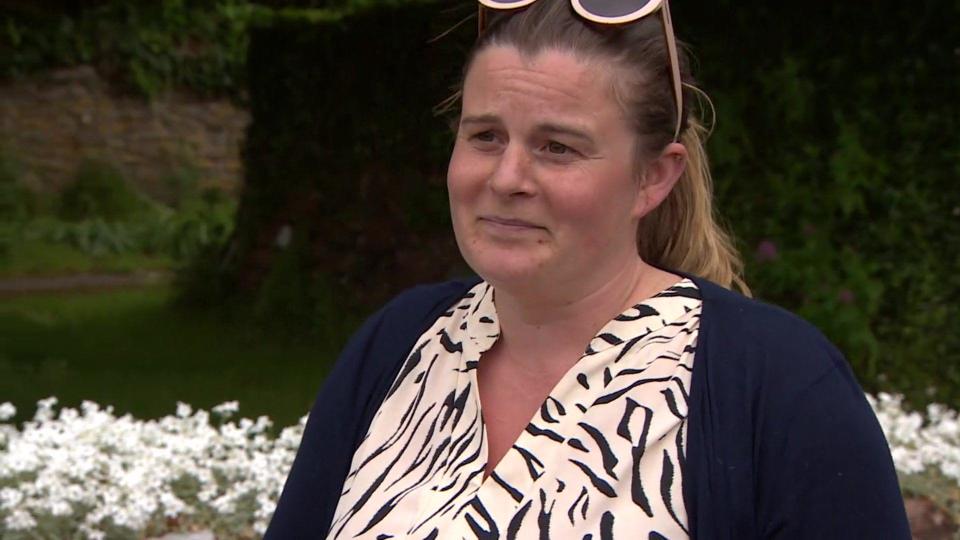
Harriet Oakley, from Alston, Brixham, said she contacted SWW on Tuesday for “clarity on the situation” as she was worried for her seven-month-old daughter and four-year-old son’s health.
She said: “They said to me categorically the water is safe, you should continue to use it as normal – we’re less than 24 hours later [and] we have been notified that the water is not safe to drink.
“I’ve been making up bottles for a small child, you go to any of the supermarkets and you can’t get bottled water anymore because the shelves are sold out.”
'Impacting people's health'
Ms Oakley said she was “outraged” by the change in advice.
She said: “I think they need to have a good long look at themselves – they’re meant to be providing a safe service.
“We don’t have the luxury of being able to pick and choose water services, they’re the only option that we have, we have to use them.
“They are messing with people’s lives, their incomes… most of all they’re impacting people’s health, which is unacceptable.”
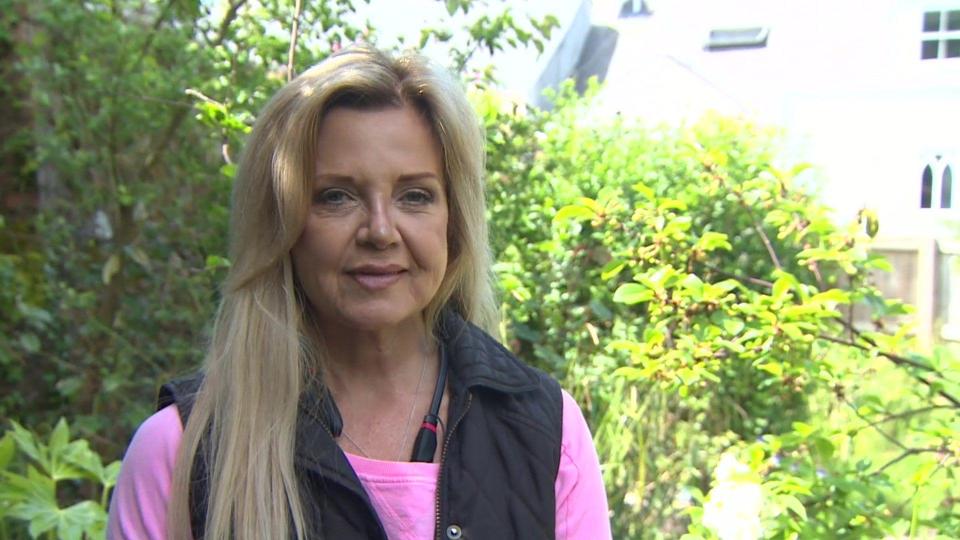
BBC reporter Heidi Davey, at Broadsands Beach car park, said "dozens" of SWW teams had been loading vans to distribute water.
She said water was being taken to vulnerable residents and there were "hundreds of names" on a delivery list.
Anne Kelly-Groucutt, who runs Hortus House, in Brixham, said she believed her business had been affected by the incident.
She said two cancellations were made on Tuesday following cryptosporidium reports.
She said one booking was cancelled after just a matter of minutes.
"It's a little concerning," she said.
"In the history of us having the B&B we have never had a cancellation within 10 minutes of a booking."
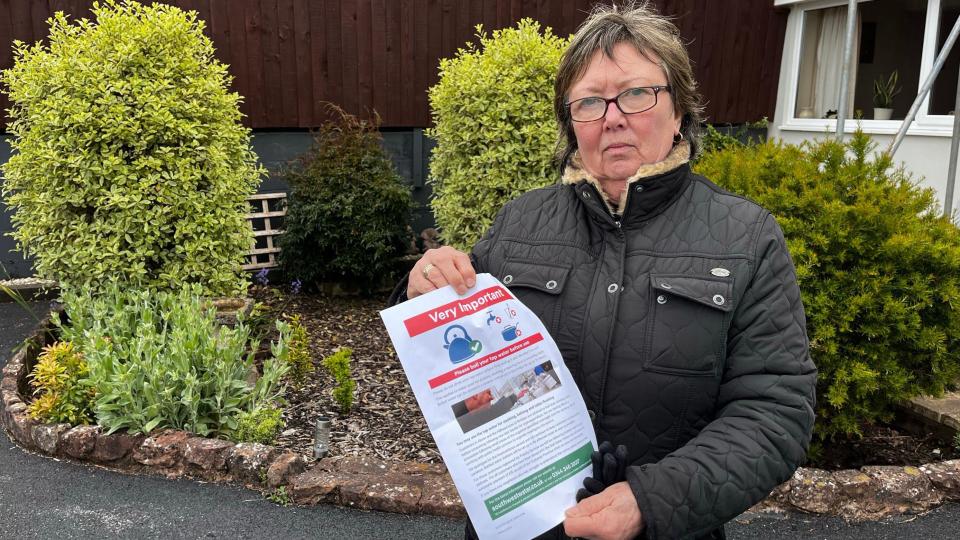
Jane Boyle, resident at Hillhead, Brixham, said she received a letter through her door on Wednesday from the water company telling people to boil their water before use.
She said people had been sick in her area for about 10 to 13 days and they thought it was food poisoning.
“I think it is distrusting that it has taken so long and this is all the information that she has been given."
Hillhead resident Helen Sneyd said: "It's not very nice for anyone to have gone through that - let's just hope they clear it up quickly".
The UK Health Security Agency said it was working with Torbay Council, SWW, NHS Devon and the Environment Agency to investigate the cases.
Follow BBC Devon on X (formerly Twitter), Facebook and Instagram. Send your story ideas to spotlight@bbc.co.uk.

